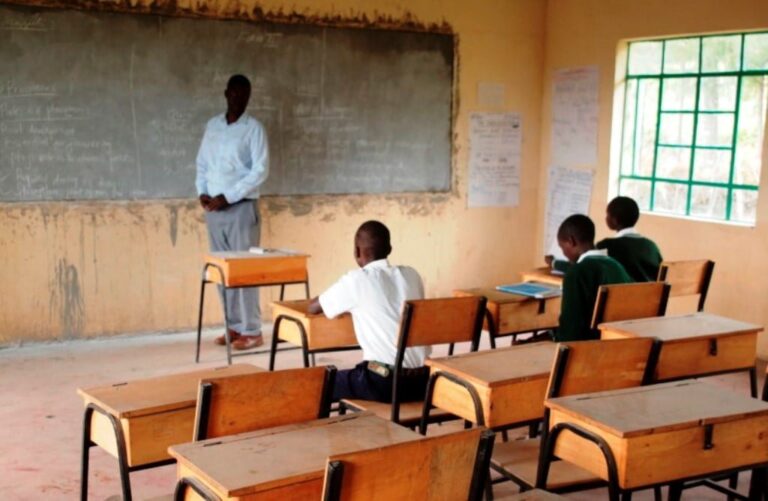Kenya’s Junior School internship programme has become the subject of a growing labour rights controversy, with unions, legal experts and educators accusing the government of institutionalising exploitation. The model, designed to address acute staffing shortages under the Competency-Based Education (CBE) system, has become increasingly unpopular as reports of unfair remuneration and shifting promises trouble the sector.
Intern teachers—over 20,000 of them—earn less than Sh18,000 after statutory deductions. Yet they shoulder the full workload of fully employed teachers: preparing lessons, delivering instruction, conducting assessments, handling discipline, participating in extracurricular activities, and engaging both learners and parents. This mismatch between responsibility and compensation has drawn criticism from labour groups.
The Kenya Junior School Teachers Association (KEJUSTA) is leading the resistance. The association argues that the internship programme not only exploits teachers but also violates labour standards as defined in Kenyan law. Their position is strengthened by an earlier Labour Court ruling that questioned the legality of the model, citing concerns that the framework does not comply with fair labour practices.
KEJUSTA chairperson James Odhiambo describes the scheme as “inhumane,” alleging that the programme was designed to use young teachers as stop-gap labour without offering meaningful job security. Odhiambo claims the government initially promised a shorter internship period and quicker transition into permanent and pensionable (PnP) terms—promises that have since shifted.
Adding fuel to the controversy are conflicting messages from senior government officials. Treasury Cabinet Secretary John Mbadi reassured Parliament that funds had been allocated to confirm all interns by January 2026. Meanwhile, Education CS Julius Ogamba indicated that internships could be extended beyond 2025 depending on funding availability. The President has now given a definitive position: interns must serve two full years before confirmation.
This maze of contradictory communication has triggered fresh anxiety among interns who feel the goalposts keep changing. Many argue that they were misled into accepting underpaid positions under the promise of imminent absorption.
Labour analysts argue that while internships can be strategic in workforce planning, they must remain consistent with national labour laws that prohibit the exploitation of skilled workers. They must also be time-bound, transparent and fairly compensated. Critics argue that the government’s approach fails these tests.
Odhiambo and KEJUSTA have signaled a return to court to challenge the model’s legality. They argue the government must end the mass internship approach and instead prioritise full employment for trained teachers, especially given that over 300,000 qualified educators remain jobless.
As the legal storm gathers pace, the stakes are high—not only for interns but also for the broader CBE rollout. Without adequate teacher numbers, fair policy frameworks and clear governance, Kenya risks destabilising the very education reforms it seeks to protect.





